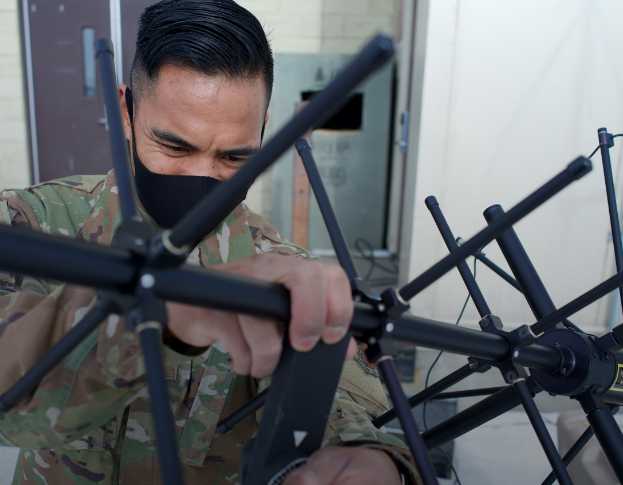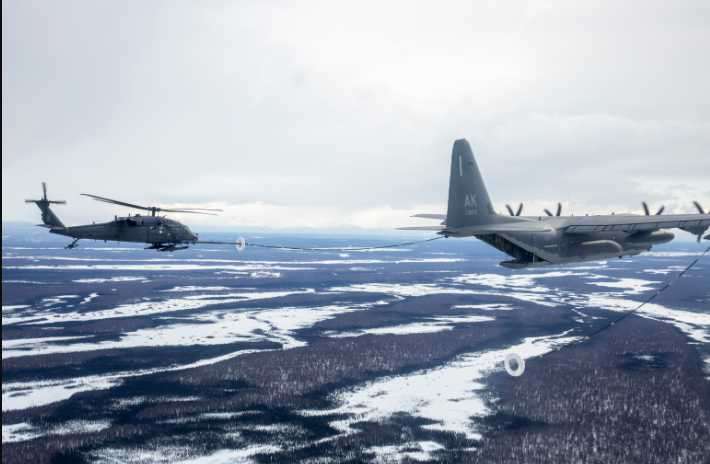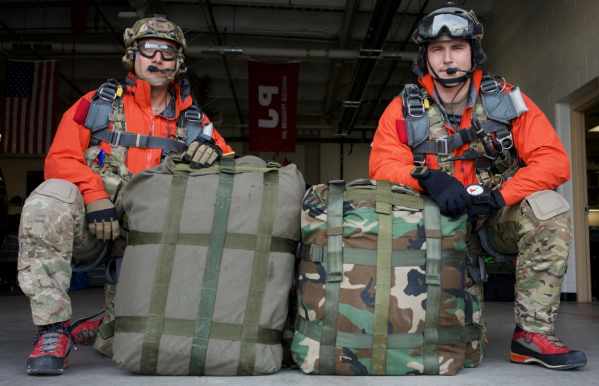JOINT BASE ELMENDORF-RICHARDSON, Alaska — Airmen with the Alaska Air National Guard’s 210th, 211th, and 212th Rescue Squadrons rescued a woman suffering from cardiac complications in McCarthy, Alaska, Jan. 16.
A local emergency medical technician from McCarthy contacted the 11th Air Force Rescue Coordination Center for assistance after concluding that civilian assets would not be able to transport the woman due to poor weather conditions and resource limitations.
“The 176th Wing accepted the request for medevac and immediately began planning for flight into deteriorating weather conditions,” said Senior Mast. Sgt. Rob Carte, a senior controller with the 11th Air Force RCC, Alaska Air National Guard.
According to the 11th Air Force RCC, the woman was receiving oxygen for her condition, but only had approximately one hour’s supply left when the call was made.
“Without the rapid response from the Air National Guard rescue team, the patient would have surely run out of essential medical supplies required to sustain life during this cardiac event,” said Carte.
The Alaska Air National Guard responded by launching an HC-130 “King” aircraft from the 211th Rescue Squadron and an HH-60 Pave Hawk helicopter from the 210th Rescue Squadron, each with a team of Guardian Angels from the 212th Rescue Squadron, from Joint Base Elmendorf-Richardson.
Guardian Angel teams are highly-trained medical personnel made up of a pararescue specialists and a combat rescue officer who specialize in conducting high-risk rescue missions.
“The HC-130 crew flew ahead to provide weather reconnaissance and to illuminate the landing zone, if necessary,” said Carte.
According to Carte, the HH-60 Pave Hawk encountered winter-like flying conditions throughout the route, and once they arrived, found that icy runway conditions would preclude fixed-wing aircraft from being able to land.
“The patient was loaded onto the helicopter by the Guardian Angels and treated throughout the flight back to Elmendorf,” Carte said.
The patient arrived at JBER in stable condition, and was transferred to an ambulance and taken to a local hospital.
“Remote Alaskan villages do a great job of taking care of medical emergencies,” said Carte, “but when atypical winter weather prevents response from normal channels, the citizen Airmen of the Alaska Air National Guard are eager to put their combat training skills to use and assist in saving lives. Rural emergency services can use this as a reminder to inventory their medical supply levels and evaluate if enough material is on hand to fulfill their community needs during poor weather.”







